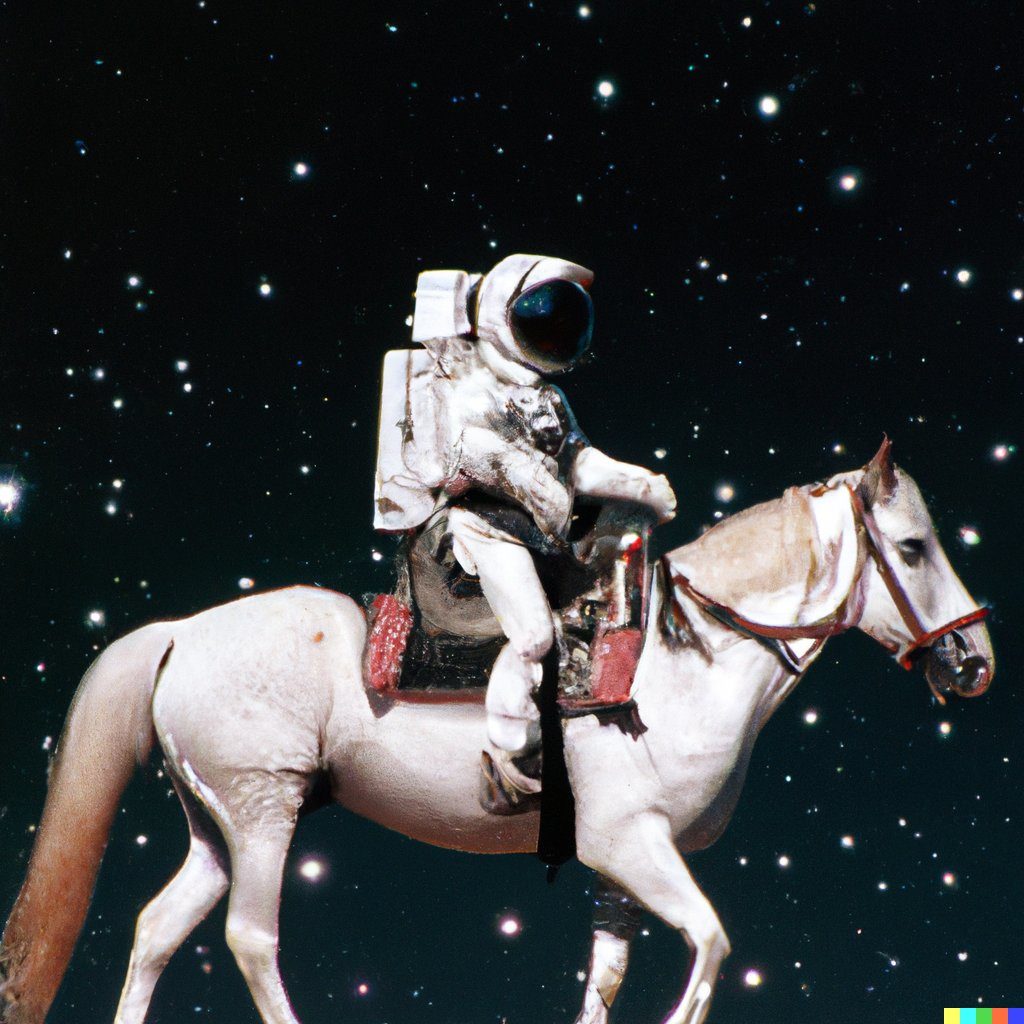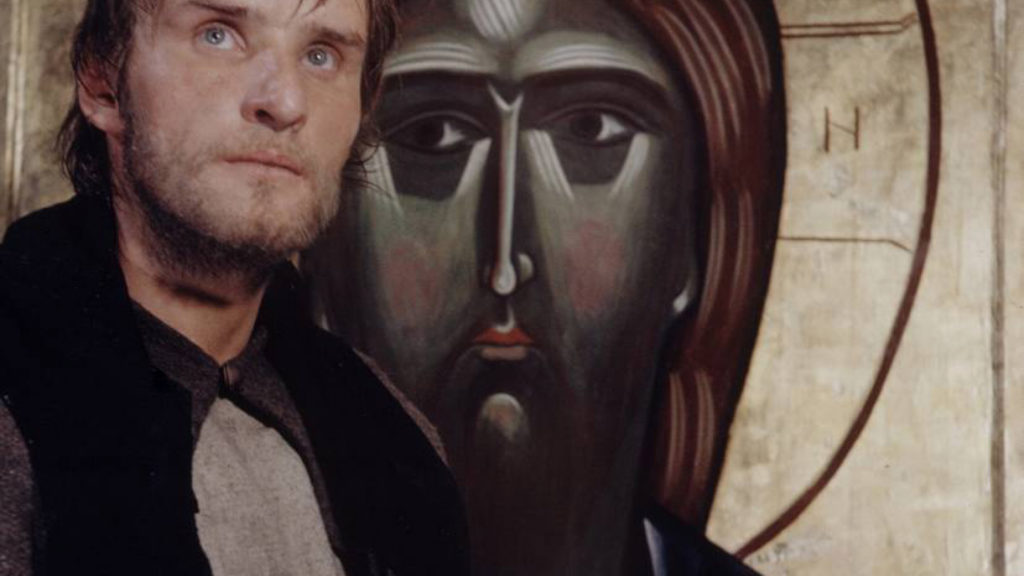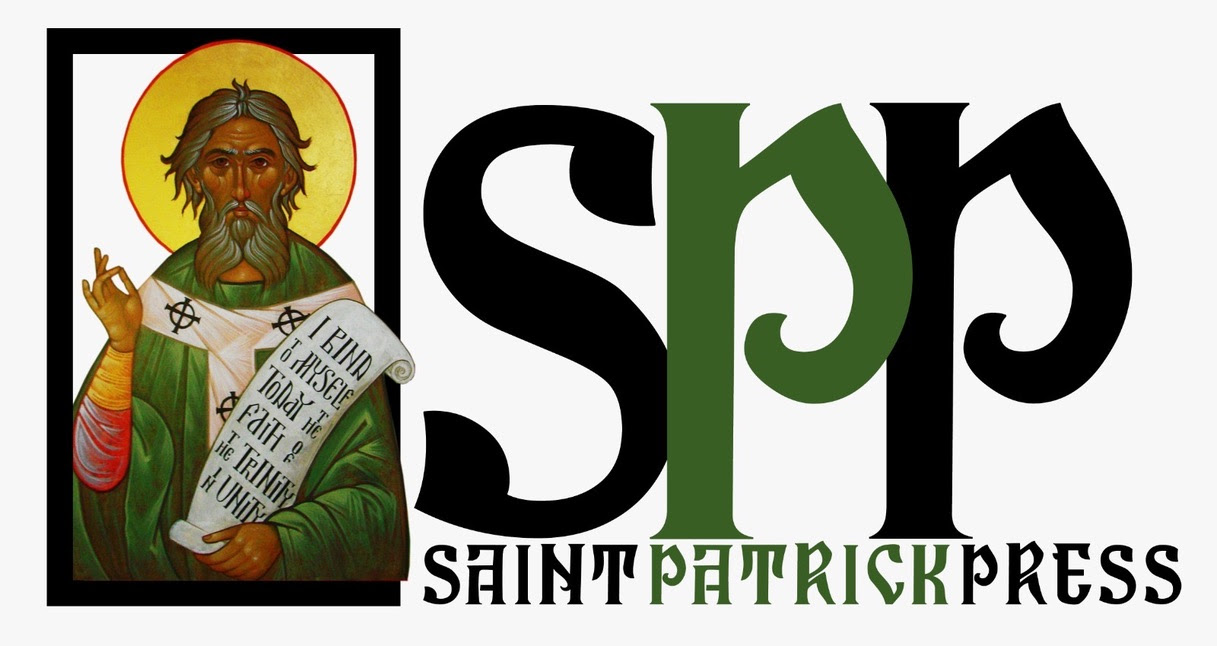Technology provides ways for us to do things easier, and more productively. OpenAI is a tool that heightens productivity, but can it create authentic art?
I lift up my eyes to the hills.
From where does my help come?
My help comes from the Lord,
who made heaven and earth.
Psalm 121

Disclaimer: This blog post was NOT written by OpenAI.
AI Blowing My Mind
A friend of mine named Dan showed me OpenAI the other day. I’m not all that technologically progressive. And thus while I had heard of it, and perhaps read an article or two about it, I hadn’t actually witnessed it.
My head was blown …

In December 2015, Sam Altman, Elon Musk, and other investors launched OpenAI and pledged over US $1 billion to the venture. Elon Musk resigned his board seat in 2018. In 2020, OpenAI announced GPT-3 (generative pre-trained transformer 3), that uses deep learning to produce human like text. Given an initial text as a prompt it will produce text that continues the prompt.
The thing is, the quality of the text generated by GPT-3 is so high it can be difficult to determine whether or not it was written by a human.
An April 2022 review in The New York Times described GPT-3’s capability as “being able to write original prose with fluency equivalent to that of a human being.”
Columnist Kevin Rose writing for the New York Times has this to say about GPT-3:
ChatGPGT feels different. Smarter. Weirder. More flexible. It can write jokes (some of which are actually funny), working computer code and college-level essays. It can also guess at medical diagnosis, create text-based Harry Potter games, and explain scientific concepts at multiple levels of difficulty.
Write Like Hemingway, but Really Fast
It’s the writing that really dazzles me.
“This is sick—“ I told Dan …

“It is—and a bit scary. … You can ask the AI to write you a ‘boy meets girl’ Bank heist thriller in a style of Ernest Hemingway, and it will do it. You can then take segments of the story and prompt the AI to re-write it in five different ways, and it will do it. You can take an existing story, like The Count of Monte Cristo, and prompt the AI to re-write the ending. You can break a story down into chapters, paragraphs, sentences, and it will do it. Look here: I’ve prompted the AI to write a Christmas story fusing the Grinch Stole Christmas and Batman …”
The AI chugged out an entire story fusing two seemingly random things into a plausible piece of fiction—and it was pretty funny too!
“Can you get the AI to make you a cover for the story—like in a book?”
“Ya, sure.” Switching over to DALL-E Dan prompted the AI to design a book cover fusing Batman and the Grinch in a Van Gogh aesthetic. Within seconds a cover appeared.
“Un-believable!”
“Crazy eh!”
“You know, this changes everything for writers ….”
The Possibilities Are Endless
“Well, it’s going to further render journalists obsolete—especially those who write crap without writing anything original. Watch this … I’m going to prompt the AI to write 10 tweets about the story …”
There on the screen appeared 10 tweets about the story one after the other.
“This is going to put a lot of people out of a job,” he said. “But there’s another thing this can do that’ll blow your mind …” Dan prompted the AI to write the code for the story so it could be published to a website. And right before our eyes, in perfect code, was the story.

All that was really cool … but it was the prose that struck me. How could this AI pump out prose so fast, and to such exact specifications? Plug in a plot line, choose a style between Hemingway and Murakami, and wham-o! Within seconds you can see the words cascading down your screen.
“The potential is unlimited …” I exclaimed … “books, movie scripts, articles … You could use the AI as a kind o ghost writer—I mean, what’s the difference? Authors use ghost writers all the time … They’ll lay out what they want to say, and how they want it said, and the ghost writer will put it all together. It’s the same thing … Or … or like collaborating with another author—“
“Ya—but with a massive genius brain!”
“That’s right!”
I sat back in my seat and just gazed up at the story of Batman and the Grinch and Christmas … My mind raced through all the potentials of books: non-fiction, fiction, biographical … How many could I write in a month? One per week? Five per week? The number was limitless ….
I went out to run some errands but could not stop thinking about OpenAI—so many possibilities, so much running through my head …
Art Means Inspiration
I called my friend George, a true artist and writer, to see what he thought. To me it was a marvel of technology.
My mind was spinning … all the possibilities—books, movie scripts. We could publish 100 books in a year! …
“ George … have you heard of OpenAI?”
“Yes … but I mean … I haven’t used it before.”
“It’s a marvel. Imagine all that one could write!”
“Right … I guess it could be a marvel, depending of course on what you mean by writing, and what the purpose of writing is …”

He wasn’t seeing it properly. How could he not be seeing it properly? …
“But George listen, it’s no different from working with another author or a ghost writer. You can still write with it—you’re just, you know, consulting a very powerful brain.”
“Yes, I’m aware of that. But look, the whole thing’s so problematic. I knew someone once who used it to create a sermon … The sermon was on asceticism. The AI delved into St Antony, and the desert fathers. It distinguished clearly between the various types of asceticism, along with the spiritual advantages of asceticism. It even went into the Jesus Prayer. But the whole thing came off wrong … there’s something really weird about it … like … where’s this coming from?”
“I see your point—how is it in any way authentic …”
“Precisely … I mean, if the point of writing is to put words on paper, then by all means use a tool like that. But if writing is an activity that is inspired by God, then it is something that AI simply can’t do—“
“It takes a human being to receive inspiration from the Holy Spirit … it takes having one’s heart open to God.”
“Yes … And if I’m not inspired to write and thus need an AI then I have to look at what’s going on in my life. I need to draw closer to God, not closer to technology—but I don’t know … I’m just old school …
We both paused for a while … moments passed …
He nailed it. Writing as art is a process of inspiration. As I’ve attempted to write about throughout this blog art comes out of a life spiritually attuned to God. The objective is not to produce words, but to draw close to God, to enter into loving union with God, and out of that inspiration from the Holy Spirit, the writing emerges.
Authenticity, Not Mass Production
An AI, no matter how ‘intelligent’, can’t do that. It wasn’t created with a soul. It wasn’t endowed with what humans are endowed with: the ability to be in union with God and to become divine beings.
George was right.
“You know what man … you’ve exposed just how seduced I became by that technology. And that’s the whole problem with modernism: that we place a premium on speed and output rather on process.”
“Well and even deeper than that is our lives being not centred on writing and art but on loving God and all creation. Output, production, art are secondary. A tool like OpenAI shifts the focus back on production, on mass production, and speed; and no matter what you input, the AI is doing the producing. It’s just the wrong focus, that’s all. When we direct our lives to serving Christ and all people then we’re orientated the right way. And whether we create art or not, it doesn’t really matter. I’m not saying we shouldn’t create art. I’m just saying the focus of our lives must be on loving union with God.”

What’s the Purpose …
Topics like AI and the creation of art are contentious. And they’ll become more contentious as this technology develops. It’s hard to imagine where it’s all going, and what will become of art in the age of AI. But that’s not for me to solve right now. The most important thing is to try to be real, which means understanding the motivations and intent for creating art.
Art comes from a heart that is working, struggling to be attuned to God. Human beings are embodied spirits. When we create art, we receive inspiration from God (in-spire meaning a breathing in). An AI cannot be inspired by God, for there is no spirit. The goal is not the writing. The writing is one way to the goal, which is entering into loving union with God. Therefore, proficiency, speed, and productivity are not the goal.
“Let them have their AI,” George said, ”and we’ll continue to struggle to create real writing.”

2 Responses
Thank you for sharing. Very needed. This whole blog has been a huge blessing. God bless your service.
Thank God, B. Pray for us!